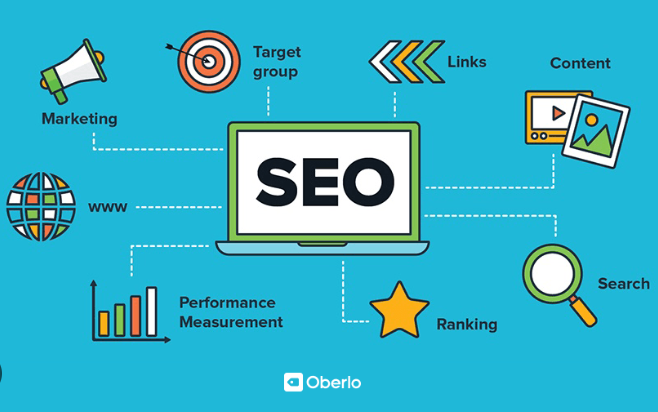Search engine optimization (SEO) is the practice of improving the visibility and ranking of a website or web page on search engine results pages (SERPs). It is a critical aspect of online marketing, as it can significantly impact the amount of traffic and business a website generates. SEO strategies are constantly evolving as search engine algorithms change, making it essential for marketers to stay up-to-date with the latest facts and trends. In this article, we’ll explore eight surprising SEO facts that will change your online strategy.
- Google processes over 3.5 billion searches per day. Google is the most popular search engine, with over 90% of the global search engine market share. Google processes an average of 3.5 billion searches per day, making it an incredibly powerful tool for reaching potential customers. This fact underscores the importance of developing a strong SEO strategy to ensure that your website appears at the top of Google search results for relevant keywords.
- The majority of clicks go to the top three organic search results. Research has shown that the top three organic search results receive the majority of clicks, with the first result receiving around 30% of all clicks. This highlights the importance of ranking high on SERPs, as it significantly impacts the amount of traffic a website receives. This fact also emphasizes the importance of optimizing your website for long-tail keywords, as they tend to have less competition and can help your website rank higher on SERPs.
- Over 50% of website traffic comes from mobile devices. With the widespread use of smartphones and tablets, it’s no surprise that mobile traffic has surpassed desktop traffic. According to recent studies, over 50% of website traffic comes from mobile devices. This fact emphasizes the importance of developing a mobile-friendly website that is optimized for mobile devices. A responsive website design and fast loading times are critical factors for improving mobile SEO.
- The average time spent on a website is less than a minute. Research has shown that the average time spent on a website is less than a minute. This fact underscores the importance of providing users with a seamless and user-friendly experience. A slow-loading website, poor navigation, or irrelevant content can lead to a high bounce rate, negatively impacting your website’s SEO.
- Content with images and videos performs better than text-only content. Studies have shown that content with images and videos performs better than text-only content. This fact highlights the importance of using multimedia content to engage with your audience and improve your website’s SEO. Images and videos can help reduce bounce rates, increase time spent on a website, and improve social media shares and backlinks.
- Backlinks are a crucial factor for SEO. These are links from different websites that point to your own website. They are a crucial factor for SEO, as search engines use them to evaluate the authority and relevance of a website. High-quality backlinks from authoritative websites can significantly improve your website’s SEO, while low-quality backlinks can harm it. read also: 10 Trendy Leather Jackets
- Local SEO is critical for small businesses. Local SEO is the practice of optimizing a website to rank high in local search results. This is particularly critical for small businesses, as they often rely on local customers to drive business. Local SEO strategies include optimizing Google My Business listings, obtaining local backlinks, and creating locally optimized content.
- Voice search is on the rise. With the widespread use of virtual assistants like Siri and Alexa, voice search is becoming increasingly popular. Research has shown that by 2024, over 50% of all searches will be voice searches. This fact underscores the importance of optimizing your website for voice search by using natural language, optimizing for featured snippets, and providing concise and structured content.




